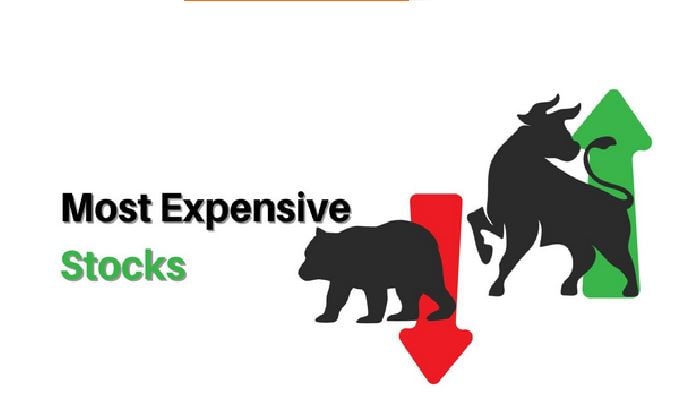Understanding difference between Bull Market and Bear Market

Learn Trading
Bull vs. Bear: Understanding the Difference
What is a Bull Market?
A Bull Market is a term used when the stock market is doing really well, and most stock prices are rising. It’s like when everyone at school is optimistic because summer vacation is coming; similarly, investors feel optimistic about making more money because they believe the economy will keep growing.
Example:
Imagine a company that makes smartphones has been doing great because it released a new phone that everyone wants. If lots of people are buying shares in this company, and other companies in the market are doing well too, it pushes stock prices up. This situation, where everyone is buying and prices are increasing, creates what we call a Bull Market.
What is a Bear Market?
On the flip side, a Bear Market is when the stock market is in a downturn, and most of the stock prices are falling. Think of it as the feeling when summer ends, and you have to go back to school, which might seem a bit gloomy. In a Bear Market, investors are worried and might sell off their stocks because they think the prices will go even lower, causing a downward spiral in the market.
Example:
Let’s say a major car company has to recall one of its popular models because of a safety issue. This might make people lose confidence in the company, leading them to sell their shares. If similar negative events happen in other companies or the economy (like rising unemployment rates), it could lead to a Bear Market where stock prices generally fall.
More About These Markets
Duration: Bull markets can last for several years (like from 2009 to early 2020, one of the longest bull markets in history), while bear markets generally are shorter (like the 2007-2009 financial crisis).
Feelings Involved:
In a Bull Market, there’s a lot of optimism and confidence among investors. They are more likely to buy stocks because they expect the value to increase. In a Bear Market, fear and pessimism prevail. Many investors might sell their stocks to avoid further losses, which can sometimes make the downturn even worse.
Economic Impact:
Bull markets often mean the economy is strong, people are working, and companies are making profits. Bear markets might indicate that the economy is weak, job losses are up, and businesses aren’t doing as well. Conclusion
In summary, a Bull Market is like a happy, sunny day with lots of optimism where everyone expects things to get better, leading to rising stock prices. A Bear is the exact opposite. Whatever you did not want to happen, and did not imagine to happen with regard to your shares, is just getting started. But do not back down, or fickle, no matter how hard the market hits at you, rise up, rise up.